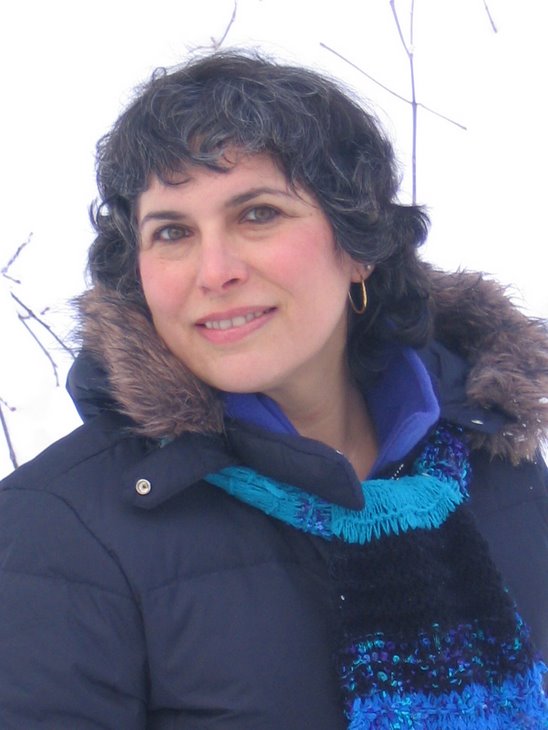A Few Thoughts about Lyric Poetry
Originally, the lyric was thought of as a song; even today, we call the words that accompany music “lyrics.” Traditionally it was opposed to narrative and dramatic forms of poetry because originally all literature was written in the formal metre we call verse. But these days narrative and drama are written in prose, not verse, so when people talk about poetry they are usually referring only to the lyric, and thinking of the interiorized first-person meditation, usually rather short, that we associate with the Romantics and Moderns: the kind of poem Wordsworth called “the spontaneous overflow of powerful feelings.”
Such poetry gives the illusion of privacy: it is usually not directed towards a particular audience but seems to be overheard rather than heard. This stance tends to limit the subject matter to the personal realm; moreover the brevity of the form tends to keep the focus on a single thought, feeling, or situation. It also creates the illusion of spontaneity, thereby allowing the reader to experience the material of the poem as it unfolds in the speakers mind.
“Unlike the drama, whose province is conflict, and unlike the novel or narrative, which connects isolated moments of time to create a story multiply peopled and framed by a social context, the lyric voice speaks out of a single moment in time. ”
- Sharon Cameron, Lyric Time.
This singleness also extends to voice: whereas in narrative and drama we have a clash of different voices as embodied in several different characters, in the lyric poem conflict and contradiction are situated in the mind of a single speaker as internal tensions or ambiguities. The lyric becomes “dramatic” when it presents a struggle between conflicting points of view either within the speaker, or between the poet (implied narrator) and his or her lyric persona.
The lyric provides the occasion to create unified objects of textual beauty and precision far beyond what is possible in longer art forms: every sound, rhythm, and meaning, the pausing and pacing and emphasis, can all work together to create a persuasive experience with nothing extra, nothing out of place, nothing sloppy. On the other hand such intensity limits the range of the lyric; its focus on the “I” (and just as frequently, the “eye”) can seem stifling, leaving out so much that is messy, complex and unresolved, contradictory and vague, in life. One of the reasons there is constant experimentation in poetry is that poets are always seeking ways to solve this dilemma, keeping the aesthetic control and tonal intimacy of poetry without sacrificing the amplitude available in some of the longer art forms.
Friday, October 30, 2009
Subscribe to:
Post Comments (Atom)



No comments:
Post a Comment